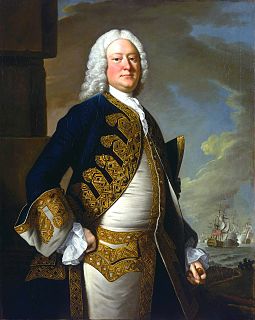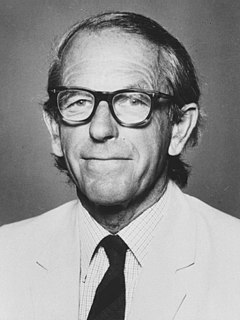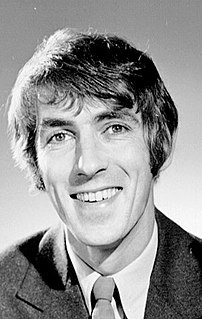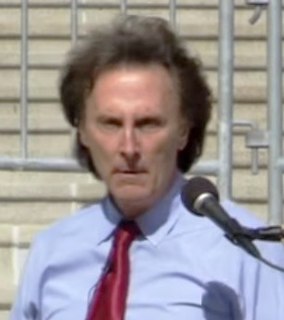A Quote by John Byng
Falling little wind, it was five before I could form my line, or distinguish any of the enemy's motions; and could not judge at all of their force, more than by numbers, which were seventeen, and thirteen appeared large.
Related Quotes
I wrote poetry from the time I could write. That was the only way I could begin to express who I was but the poems didn't make sense to my teachers. They didn't rhyme. They were about the wind sounds, the planets' motions, never about who I was or how I felt. I didn't think I felt anything. I was this mind more than a body or a heart. My mind photographing the stars, hearing the wind.
It is indeed a matter of great difficulty to discover, and effectually to distinguish, the true motions of particular bodies from the apparent; because the parts of that immovable space, in which those motions are performed, do by no means come under the observation of our senses. Yet the thing is not altogether desperate; for we have some arguments to guide us, partly from the apparent motions, which are the differences of the true motions; partly from the forces, which are the causes and effects of the true motions.
What seems certain is that Pythagoras developed the idea of mathematical logic. He realized that numbers exist independently of the tangible world and therefore their study was untainted by inaccuracies of perception. This meant he could discover truths which were independent of opinion of prejudice and which were more absolute than any previous knowledge.
As a little girl in the '50s, I couldn't wear a purple-and-white flowered skirt with a red blouse - those colors were too loud. My parents were not into that 'We are Negros that wear all beige,' but there was a line you could walk over that could signal vulgar, crass, rather than clever use of color. And that outfit crossed over the line.
The principle of majority rule is the mildest form in which the force of numbers can be exercised. It is a pacific substitute for civil war in which the opposing armies are counted and the victory is awarded to the larger before any blood is shed. Except in the sacred tests of democracy and in the incantations of the orators, we hardly take the trouble to pretend that the rule of the majority is not at bottom a rule of force.
Clothing sizes are weird, they go: small, medium, large and then extra large, extra extra large, extra extra extra large. Something happened at large, they just gave up. They were like, 'I'm not doing any more adjectives; you just keep putting extras on there.' We could do better than that: small, medium, large, whoa, easy, slow down, stop it, interesting, American.
Then, without any warning, we both straightened up, turned towards each other, and began to kiss. After that, it is difficult for me to speak of what happened. Such things have little to do with words, so little, in fact, that it seems almost pointless to try to express them. If anything, I would say that we were falling into each other, that we were falling so fast and so far that nothing could catch us.
More than anything, the journal wanted. It wanted more than it could hold, more than words could describe, more than diagrams could illustrate. Longing burst from the pages, in every frantic line and every hectic sketch and every dark-printed definition. There was something pained and melancholy about it.
I like to take things as they come and, as much as possible, not force anything. I think I could wind up somewhere completely different five years from now, something completely removed from acting - I could be perfectly content studying photography or English literature. At the same time, I love what I'm doing right now and could see doing this for a very long time.
We went through the records and we found over five hundred of his patients who were alive and well five years after their treatment, with no cancer. And Dr. Burton didn't selectively give us these. These were "take what you want. Here are the patients I treated." So there was statistical improvement - more so than any cancer institution in the United States could show.




































